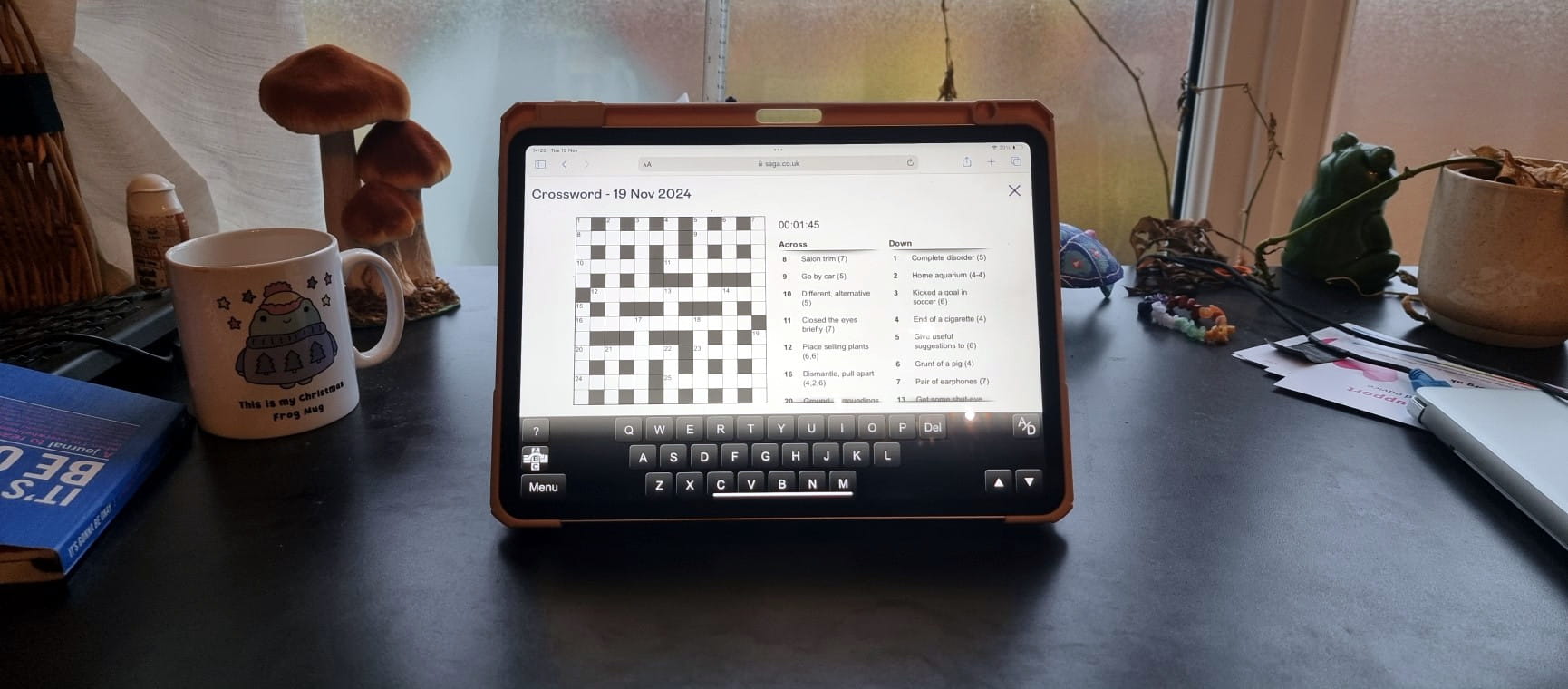Susie Dent on why we need a new word for retirement
Our columnist says we could learn from the upbeat attitudes that other languages have towards our second act.

Our columnist says we could learn from the upbeat attitudes that other languages have towards our second act.

Last week, a Countdown viewer asked me for the origin of the word “retired”. Is it, they wondered, the same idea as when we “retire” to bed?
I knew the basics, but realised I’d never looked into the matter very deeply. I dutifully donned my virtual deerstalker to embark on a bit of word detection. And it turns out there is more to this than meets the eye.
Those who are lucky enough to have the wherewithal to retire might be looking forward to years of freedom and a chance to catch up on living. But the story of “retire” suggests the exact opposite, for its roots are in a Latin word meaning to “withdraw”.
Initially, retiring was specific to the military, referring to armies facing defeat who retreated from active engagement. The sense of leaving one’s occupation emerged in the 17th century, around the same time as bidding a retreat by “retiring” to bed at the end of the night. It’s fair to say that, up until then, a lower life expectancy and the absence of pension arrangements meant that most workers continued to work until the day they died.
Perhaps this explains why language had no need for positive terms describing post-work life, largely because there wasn’t much of it. But isn’t it time we created a new word to describe the current reality, which for many involves participating more in society rather than less?
It helps, as always, to bring other cultures into the mix. Older generations in France, far from withdrawing, will probably be sipping pastis or coffee in the sunshine and playing petanque, the game of boules that perfectly symbolises French retirement. Far from slipping into seclusion, these petanque players are part of a tradition of conviviality and conversation.
Such chat often gravitates towards certain themes: one of my favourite discoveries of recent times is the French word tamalou, used of older people who habitually greet each other not with a “How are you?” or “What are you up to?”, but rather with the question, “T’as mal où?”: “Where does it hurt?” Each party then has the opportunity to swap tales of their most recent ailments, joint pain, or doctor’s appointments. Forget teen slang: this is the boomer equivalent, and I love it.
The Spanish, meanwhile, have a rare celebratory word for retirement: jubilación, a cousin to the English “jubilation”. It’s a lovely idea: rejoicing in a new-found freedom with a focus on having fun.
In Japan, post-retirement is often known as 第二の人生, dai-ni no jinsei, or “second life”. Even more beautifully, in some parts of the country there isn’t even a word for “retirement”. Rather, they speak of ikigai: a new sense of purpose that translates literally as “that which makes life worth living”.
I often talk about how we can reframe our attitudes by choosing different words. It might sound highfalutin, but evidence strongly suggests that the words we choose can make a huge difference to our outlook. In Italy, pensioners are fondly known as the saggi – fear not, this doesn’t refer to the need for gripper knickers or elasticated waistbands, it simply means “wise ones”.
And in languages such as Arabic, there are particular honorifics used to address elders as a sign of respect for their collective experience. I reckon we need a few of those.
For now, though, I’d settle for a replacement for “retirement” that is full of the spirit of a second life. And if that includes a quick chat about your latest aches and pains, bring it on. As long as we’re out there, we’ll be fine.
Countdown Lexicographer, Saga Magazine columnist and author.
View author page
Your chance to win a 14-day tour around the Rockies and Vancouver for two, worth more than £8,800.
T&C’s apply.

The ultimate guide to Saga Puzzles, full of technical tips, tricks and hints.

With the start of the new financial year on 6 April, our money expert explains the changes to your pension, benefits and taxes.





